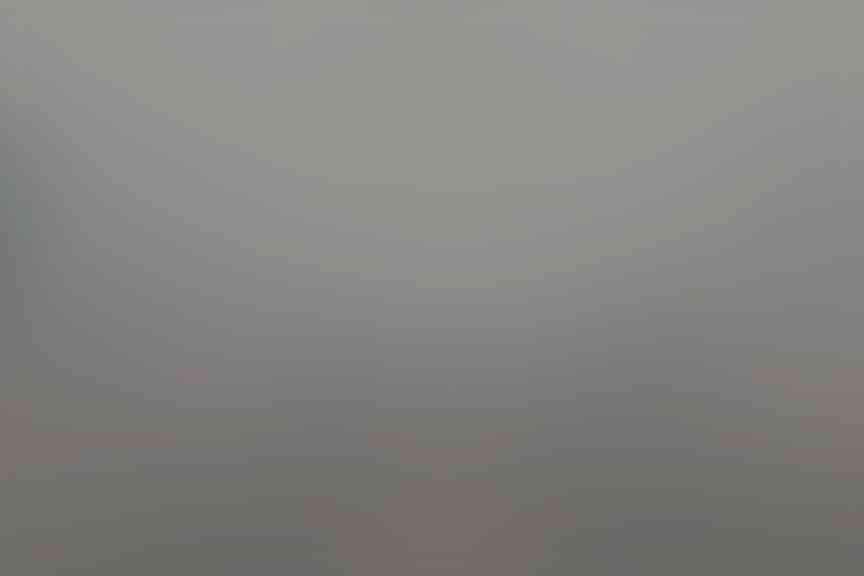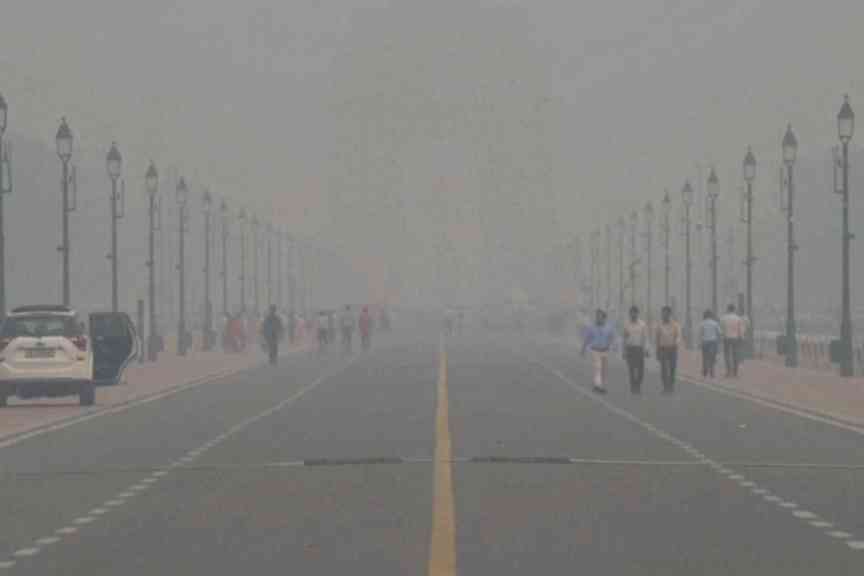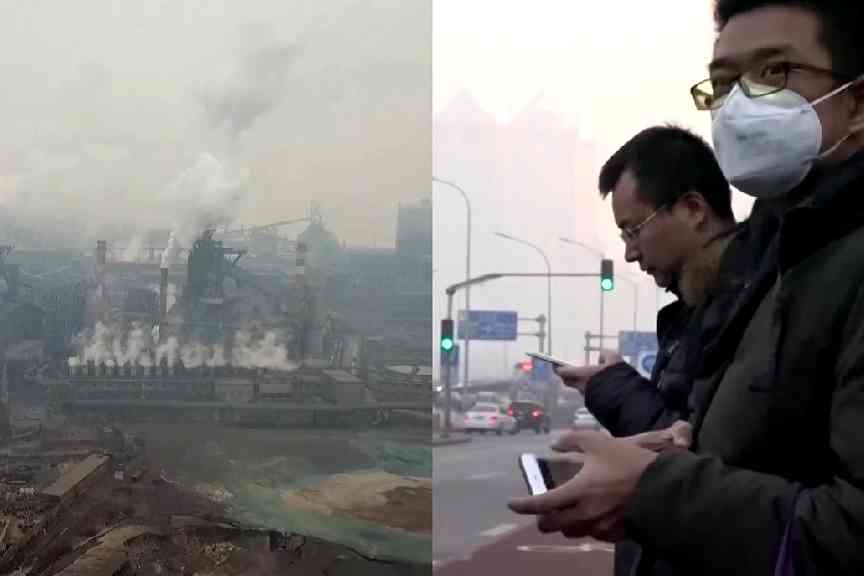Taiwan’s air pollution carries higher risk for lung cancer than smoking: study



By Carl Samson
11 days ago
Breathing polluted air in Taiwan is more likely to cause lung cancer than smoking a pack of cigarettes per day, a new study has revealed.
Key points:
- Taiwan currently ranks 45th globally for PM2.5 concentrations.
- The study from National Taiwan University (NTU) links long-term exposure to PM2.5 to an increased risk of adenocarcinoma lung cancer (AdLC), especially in females, non-smokers and adults under 65.
- Recommendations include reducing air pollution, strengthening lung cancer screening and accessible monitoring of pollution levels.
The details:
- Taiwan recorded an average PM2.5 concentration of 20.2 micrograms per cubic meter in 2023, making it the third most polluted region in East Asia and 45th in the world, according to Swiss air quality tracker IQAir.
- PM2.5 refers to particulate matter — dust, soot, dirt, smoke and liquid droplets — that are 2.5 microns or less in diameter. Such particles pose the greatest health threats and are typically used as a main indicator for air quality reports.
- The study, published in the journal Environmental Research, found that exposure to the island’s pollution for over 30 years increases the risk of AdLC by 1.044 times more than smoking a pack of cigarettes daily.
- The risk in an area of residence specifically increases as concentrations rise by 10 micrograms per cubic meter. Women, nonsmokers and adults under 65 years were found to have higher incidence rate ratios (IRRs).
- Researchers collected air pollution data since 1968 and lung cancer registration data since 1997 for the study. They then used statistical analyses to estimate exposures on IRRs, calculating for the cancer risk.
- Researchers recommend government action on areas with severe air pollution by means of increased health education and free lung cancer screening. They also highlight the need for improved transportation, reduced industrial emissions and accessible tracking of pollution levels.
Share this Article
Share this Article





